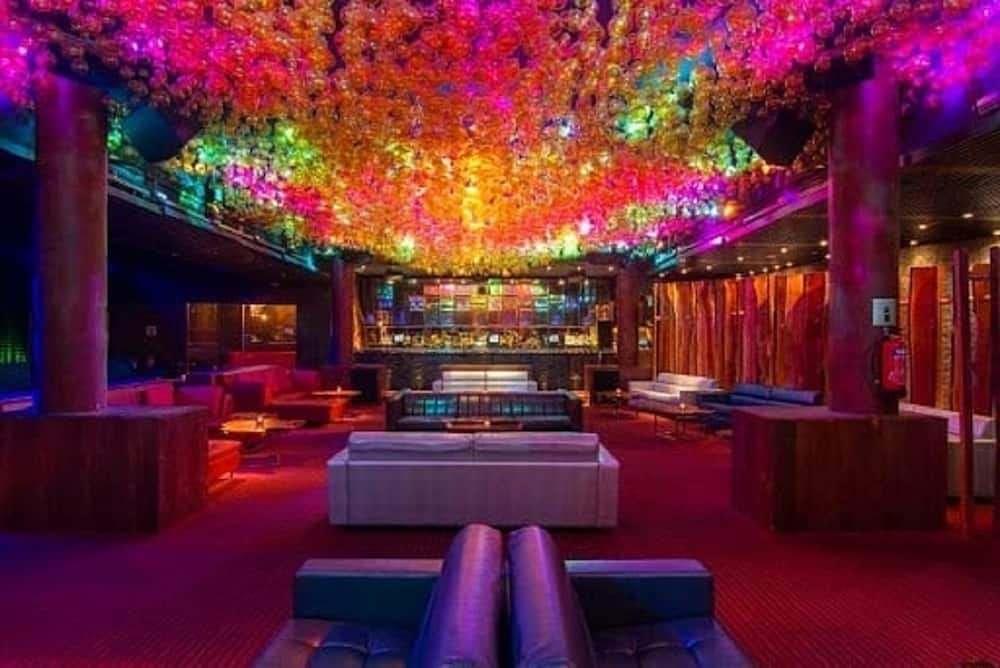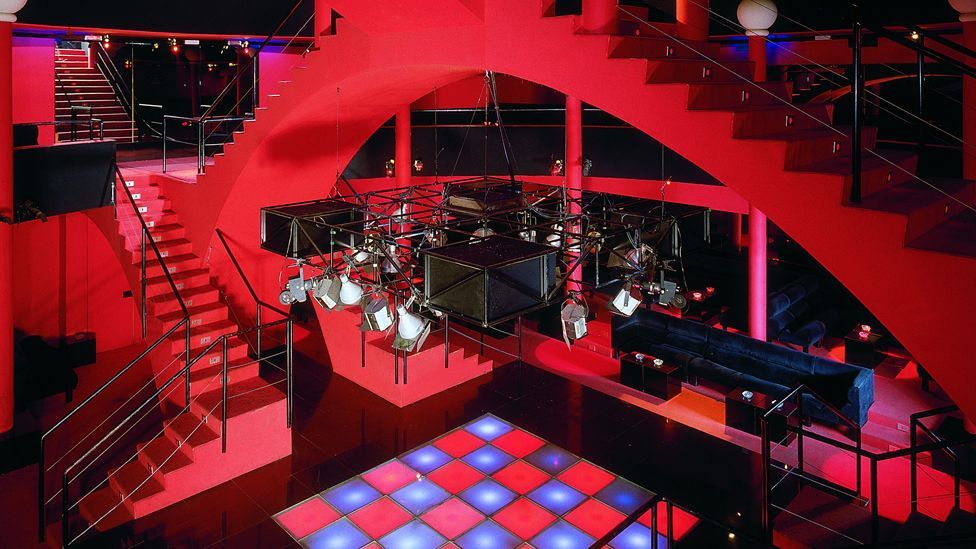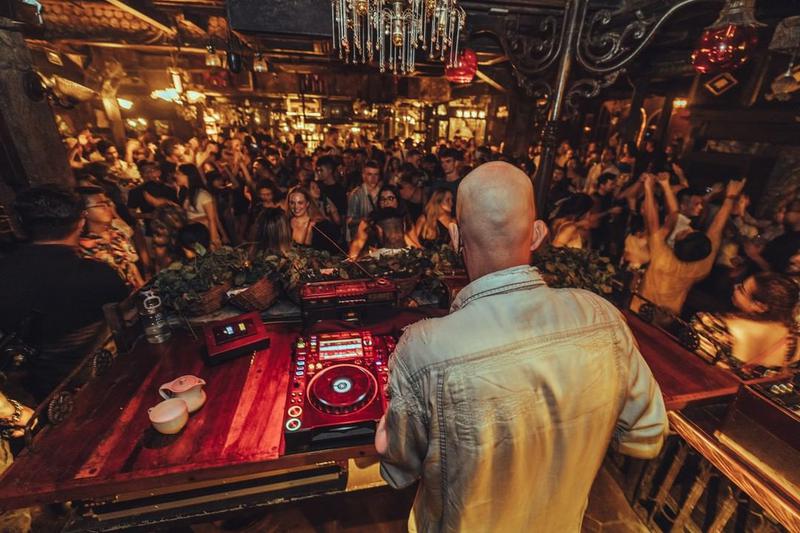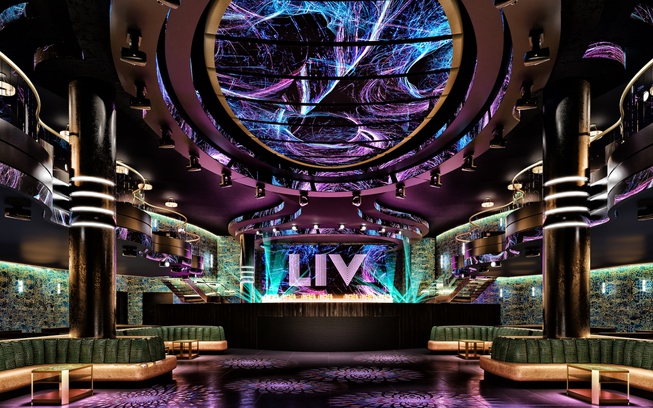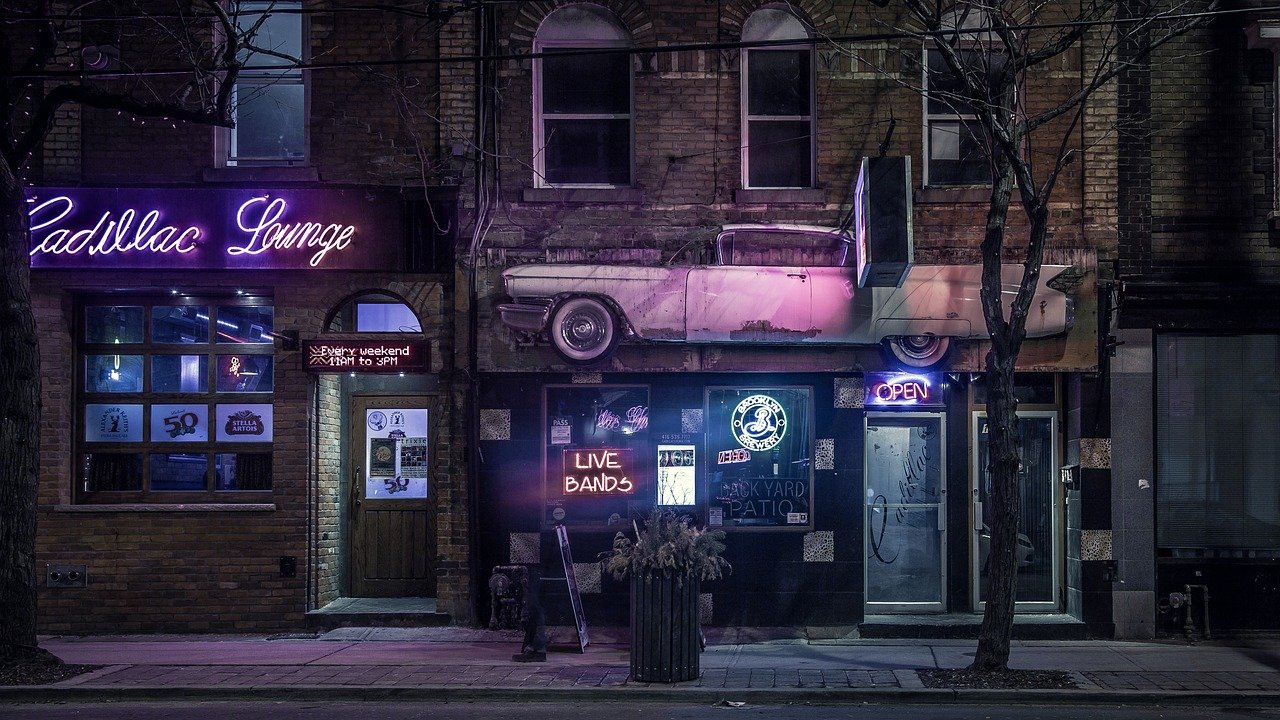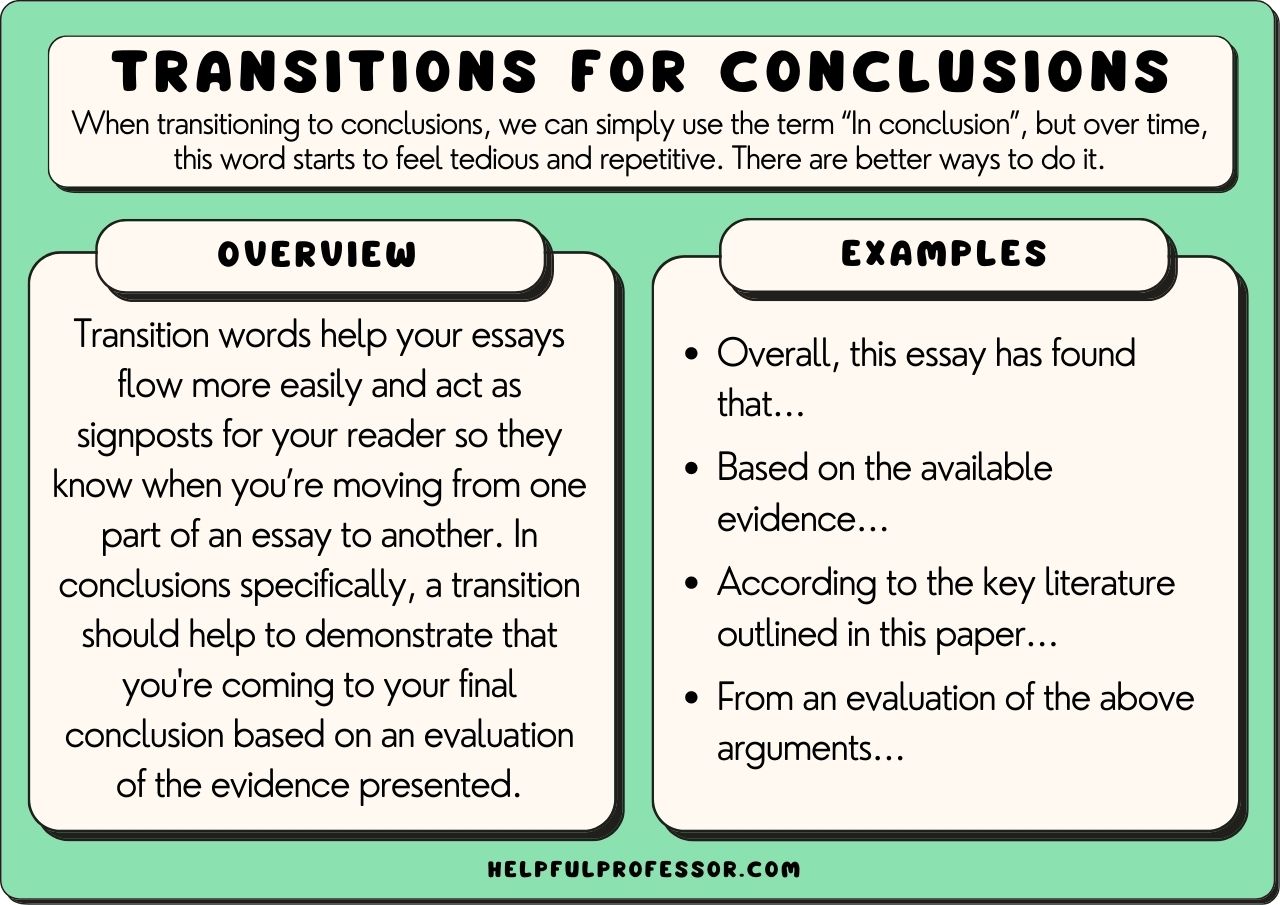What’s in a Name: Understanding the Different Types of Nightlife Venues
Nightlife venues come in various shapes and sizes, each with its unique atmosphere and offerings. While some people use the terms “bar,” “lounge,” and “dance club” interchangeably, they actually refer to distinct types of establishments. Understanding the differences between these venues can help you navigate the nightlife scene with confidence and find the perfect spot to suit your mood and preferences.
A bar is typically a casual, laid-back establishment that serves a variety of drinks and often features live music or sports games on TV. Bars can range from dive bars to upscale cocktail lounges, but they usually have a relaxed atmosphere and a focus on socializing. On the other hand, a lounge is often a more sophisticated venue that offers a range of drinks and sometimes food, often in a more intimate setting. Lounges may feature live music or DJs, but the atmosphere is generally more subdued than a dance club.
A dance club, also known as a nightclub, is a venue that is specifically designed for dancing and features a large dance floor, a DJ or live music, and a lively atmosphere. Dance clubs often have a cover charge and may offer VIP tables and bottle service. While some people use the terms “dance club” and “night club” interchangeably, “night club” can also refer to a broader range of venues that offer live music, comedy, or other forms of entertainment.
Other types of nightlife venues include comedy clubs, jazz clubs, and live music venues. Each of these establishments has its unique character and offerings, and understanding the differences between them can help you find the perfect spot to enjoy a night out. Whether you’re looking for a relaxed drink, a sophisticated evening, or a high-energy dance party, knowing what to expect from each type of venue can help you make the most of your nightlife experience.
In addition to understanding the different types of nightlife venues, it’s also helpful to know some alternative terms for night clubs. If you’re looking for another word for night club, you might consider using terms like “dance club,” “disco,” or “lounge.” These terms can help you describe a night club without using the actual phrase, and they can also give you a more nuanced understanding of the different types of nightlife venues that are available.
How to Describe a Night Club Without Saying “Night Club”
When trying to describe a night club without using the actual term, there are several alternative phrases you can use. One option is to use synonyms such as “dance club,” “disco,” or “lounge.” These terms can help you convey the idea of a night club without using the exact phrase.
For example, you could say “I’m going to a dance club tonight” or “The disco is having a special event this weekend.” Using these alternative terms can help you add some variety to your language and avoid repetition.
Another option is to use more general terms such as “venue” or “spot.” These terms can refer to any type of nightlife establishment, from a small bar to a large dance club. For example, you could say “I’m meeting friends at a venue downtown” or “The spot is having a live music event tonight.”
When using alternative terms to describe a night club, it’s also important to consider the context in which you are using them. For example, if you are writing a formal article or report, you may want to use more formal language such as “nightlife establishment” or “entertainment venue.” On the other hand, if you are speaking with friends or writing a casual blog post, you may want to use more informal language such as “club” or “party spot.”
Using alternative terms to describe a night club can also help you to be more specific and accurate in your language. For example, if you are referring to a specific type of night club such as a jazz club or a comedy club, you can use those terms to convey more information about the establishment.
Overall, there are many ways to describe a night club without using the actual term. By using synonyms, general terms, and considering the context in which you are using them, you can add variety and accuracy to your language and effectively communicate your ideas.
Popular Alternative Terms for Night Clubs
There are many alternative terms for night clubs that can be used in different contexts. Some popular options include “club,” “venue,” “spot,” and “joint.” Each of these terms has its own unique connotations and can be used to convey different information about the establishment.
For example, “club” is a general term that can refer to any type of night club, from a small dance club to a large nightclub. It’s a versatile term that can be used in a variety of contexts, from formal writing to casual conversation.
“Venue” is another popular term that can be used to refer to a night club. This term is often used in more formal contexts, such as in writing or in professional settings. It’s a good option to use when you want to convey a sense of professionalism or sophistication.
“Spot” is a more casual term that can be used to refer to a night club. It’s often used in informal contexts, such as in conversation with friends or in social media posts. This term is a good option to use when you want to convey a sense of familiarity or friendliness.
“Joint” is a slang term that can be used to refer to a night club. It’s often used in informal contexts, such as in conversation with friends or in social media posts. This term is a good option to use when you want to convey a sense of casualness or informality.
Regional variations in nightlife terminology can also affect the way we use alternative terms for night clubs. For example, in the UK, “club” is often used to refer to a night club, while in the US, “night club” is more commonly used. Understanding these regional differences can help you communicate more effectively with people from different areas.
When using alternative terms for night clubs, it’s also important to consider the tone and audience. For example, if you’re writing a formal article or report, you may want to use more formal language such as “nightlife establishment” or “entertainment venue.” On the other hand, if you’re speaking with friends or writing a casual blog post, you may want to use more informal language such as “club” or “spot.”
The Evolution of Nightlife Terminology
Nightlife terminology has undergone significant changes over the years, reflecting shifting cultural attitudes and the rise of new musical genres. In the 1920s, jazz clubs were all the rage, with terms like “speakeasy” and “joint” becoming synonymous with underground nightlife. These establishments were often secretive and exclusive, catering to a select crowd of jazz enthusiasts and flappers.
In the 1950s and 1960s, the term “night club” became more widely used, as establishments began to cater to a broader audience. This was also the era of the “supper club,” where patrons could enjoy a meal and live music in a sophisticated setting.
The 1970s and 1980s saw the rise of the disco era, with terms like “discotheque” and “dance club” becoming popular. This was also the era of the “rave,” with underground parties and clubs popping up in warehouses and abandoned buildings.
In the 1990s, the term “night club” continued to evolve, with the rise of the “superclub” and the “megclub.” These establishments were often massive, with multiple rooms and a wide range of musical genres. The 1990s also saw the rise of the “lounge,” a more laid-back and sophisticated alternative to the traditional night club.
Today, nightlife terminology continues to evolve, with new terms and genres emerging all the time. From ” EDM” (electronic dance music) clubs to “boutique” nightclubs, the options are endless. Whether you’re looking for a high-energy dance party or a sophisticated evening out, there’s a nightlife establishment to suit every taste and style.
Understanding the evolution of nightlife terminology can help you navigate the complex world of nightclubs and bars. By knowing the history and context behind different terms, you can better appreciate the nuances of each establishment and find the perfect spot to suit your needs.
Regional Variations in Nightlife Terminology
Nightlife terminology can vary significantly from one region to another, reflecting local culture, history, and preferences. For example, in the UK, the term “club” is often used to refer to a night club, while in the US, “night club” is more commonly used. This difference in terminology can be attributed to the different cultural and historical contexts of the two countries.
In the UK, the term “club” has a long history, dating back to the 18th century when gentlemen’s clubs were popular. Over time, the term evolved to include night clubs, which became a staple of British nightlife. In contrast, the US has a more diverse nightlife scene, with different regions having their own unique terminology. For example, in New York City, the term “night club” is often used, while in Los Angeles, “club” is more commonly used.
Other regional variations in nightlife terminology include the use of “pub” in Ireland and the UK to refer to a bar or pub, while in the US, “bar” is more commonly used. In Australia, the term “hotel” is often used to refer to a bar or pub, while in Canada, “tavern” is more commonly used.
Understanding regional variations in nightlife terminology can help you navigate different nightlife scenes and communicate effectively with locals. Whether you’re traveling to a new city or simply looking to explore your local nightlife scene, knowing the local terminology can make a big difference.
Another example of regional variation is the use of “lounge” in the US to refer to a sophisticated bar or night club, while in the UK, “lounge” is more commonly used to refer to a relaxed, informal bar. This difference in terminology can be attributed to the different cultural and historical contexts of the two countries.
In conclusion, regional variations in nightlife terminology are an important aspect of understanding different nightlife scenes. By knowing the local terminology, you can communicate effectively with locals and navigate different nightlife scenes with confidence.
Using Alternative Terms in Different Contexts
When it comes to using alternative terms for night clubs, the context in which they are used can greatly impact their effectiveness. In formal writing, such as in academic papers or professional reports, it’s best to use more formal terms like “dance club” or “entertainment venue.” These terms convey a sense of sophistication and professionalism, making them suitable for formal contexts.
In informal writing, such as in blog posts or social media, more casual terms like “club” or “spot” can be used. These terms are more conversational and can help create a relaxed tone. For example, “I’m heading to the club tonight to meet up with friends” is a more informal way of saying “I’m going to the night club tonight to socialize.”
In conversation, the tone and audience can also affect the choice of term. When speaking with friends or acquaintances, using a term like “club” or “joint” can be a good way to sound casual and relatable. However, when speaking with someone in a professional or formal setting, it’s best to use more formal terms to convey respect and professionalism.
In marketing materials, the choice of term can also depend on the target audience
Common Mistakes to Avoid When Using Alternative Terms
When using alternative terms for night clubs, there are several common mistakes to avoid. One of the most common mistakes is using a term that is too formal or informal for the context. For example, using the term “entertainment venue” in a casual conversation with friends may come across as too formal, while using the term “joint” in a formal report may be too informal.
Another mistake to avoid is using a term that is not commonly used in the region or culture. For example, using the term “club” in the US when referring to a night club may be confusing, as the term “night club” is more commonly used. Similarly, using the term “night club” in the UK when referring to a club may be seen as too formal.
Using a term that is too vague or ambiguous can also be a mistake. For example, using the term “venue” without specifying what type of venue it is can be confusing. Instead, using a term like “dance club” or “live music venue” can provide more clarity.
Additionally, using a term that is outdated or no longer commonly used can also be a mistake. For example, using the term “disco” to refer to a night club may be seen as outdated, as the term is no longer commonly used.
To avoid these mistakes, it’s essential to consider the context, audience, and region when using alternative terms for night clubs. By choosing the right term for the right situation, you can convey the desired tone and message, and avoid any confusion or miscommunication.
Some other common mistakes to avoid include:
- Using a term that is too long or complicated, such as “entertainment establishment” instead of “night club”.
- Using a term that is too short or vague, such as “place” instead of “dance club”.
- Using a term that is not commonly used in the industry, such as “nightspot” instead of “night club”.
By being aware of these common mistakes, you can use alternative terms for night clubs effectively and avoid any confusion or miscommunication.
Conclusion: Finding the Right Words for Your Nightlife Needs
When it comes to finding the right words to describe a night club, there are many alternative terms to choose from. By understanding the nuances of each term and how they can be used in different contexts, you can effectively communicate your message and avoid any confusion or miscommunication.
Whether you’re looking for a formal or informal term, a specific or general term, or a term that reflects a particular regional or cultural variation, there’s an alternative term for night club that can meet your needs. By experimenting with different terms and finding what works best for your needs, you can ensure that your message is conveyed clearly and effectively.
Some final tips to keep in mind when using alternative terms for night clubs include:
- Consider the tone and audience you’re writing for or speaking to.
- Think about the specific type of night club you’re referring to.
- Be aware of regional and cultural variations in terminology.
- Avoid using terms that are too formal or informal for the context.
By following these tips and using the alternative terms for night clubs discussed in this article, you can find the right words to describe your nightlife needs and communicate effectively with your audience.
Remember, finding the right words is all about understanding the nuances of language and using the terms that best fit your needs. With a little practice and experimentation, you can become a master of using alternative terms for night clubs and communicate like a pro.
So next time you need to describe a night club, don’t be afraid to try out a new term. Whether you’re looking for another word for night club or just want to mix up your language, there are plenty of options to choose from. Happy writing and speaking!

